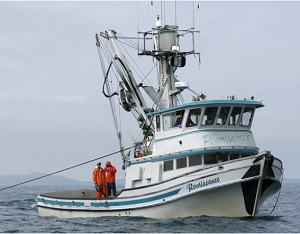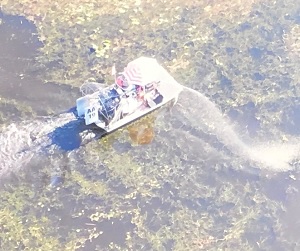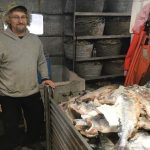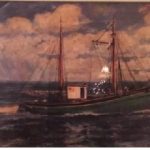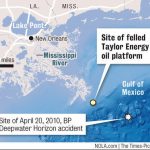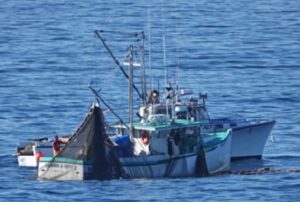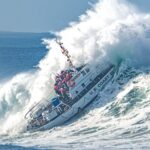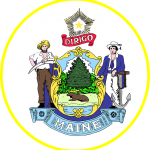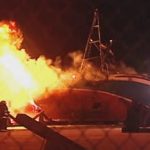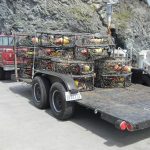Daily Archives: February 23, 2020
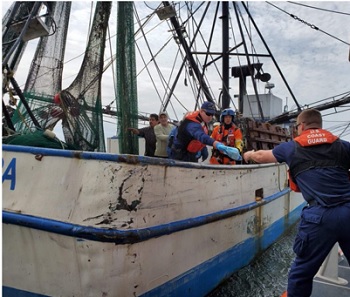
Coast Guard medevacs fisherman near Port O’Connor, Texas
The Coast Guard medevaced a mariner from a fishing vessel approximately two miles offshore Matagorda Bay near Port O’Connor, Texas, Sunday morning. The Matagorda County Sheriff’s Office received a request from a fishing vessel, F/V Lady Nora, for a medevac of a 52-year-old male crewmember experiencing symptoms of a heart attack. Coast Guard Sector/Air Station Corpus Christi watchstanders were notified and consulted with the duty flight surgeon who recommended the medevac. Photos, >click to read< 19:38
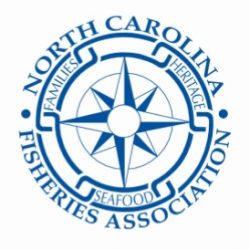
North Carolina Fisheries Association Weekly Update for February 21, 2020
Legislative updates, Bill updates, Calendar, >Click here to read the Weekly Update<, to read all the updates >click here<, for older updates listed as NCFA >click here< 14:50
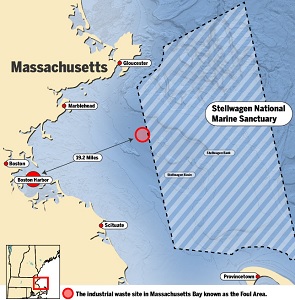
WTF?!!! A mile wide toxic waste site sits on the ocean floor near Stellwagen Bank
About 19 miles east of Boston Harbor, beside a national marine sanctuary that’s home to one of the world’s richest fishing grounds, lies one of the nation’s largest offshore dumping sites of radioactive waste.,,, David Wiley, the sanctuary’s research coordinator, led a seminal study of the area in the early 1990s. His report, which found that the federal government kept few records of what was dumped there, estimated that there could be as many as 80,000 barrels of toxic waste, most from hospitals, universities, and companies throughout the region. At least 4,000 of them were thought to contain radioactive waste, from the same sources >click to read< 09:11
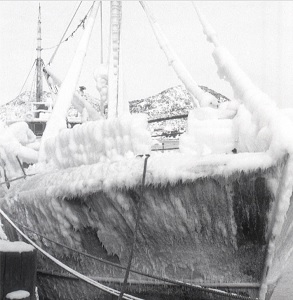
The Blue Wave and Blue Mist sank more than 50 years ago. Grand Bank never forgets
The vicious storms of February — with gale-force winds and mountainous waves — are a constant reminder to Grand Bank of the price its people have paid to earn a living from the sea.,, Many of us still have painful memories of the loss of the schooner Mabel Dorothy in 1955, along with her six-man crew. This tragedy was followed less than four years later when the steel side trawler Blue Wave capsized and sank, carrying her 16-man crew with her. Just seven years after that in 1966, a similarly designed ship from the local fishing fleet, the Blue Mist, met the same fate, taking the lives of the 13 men onboard. >click to read< 06:54






